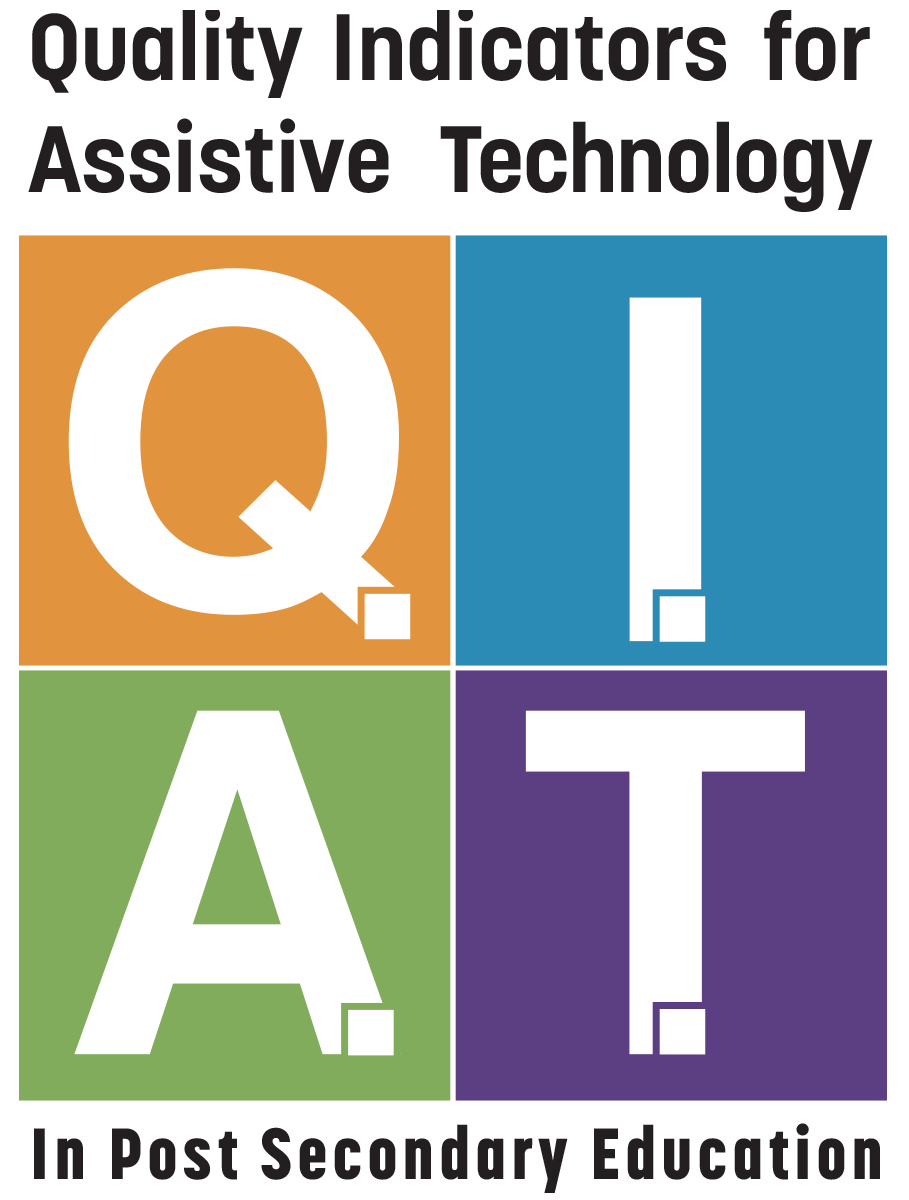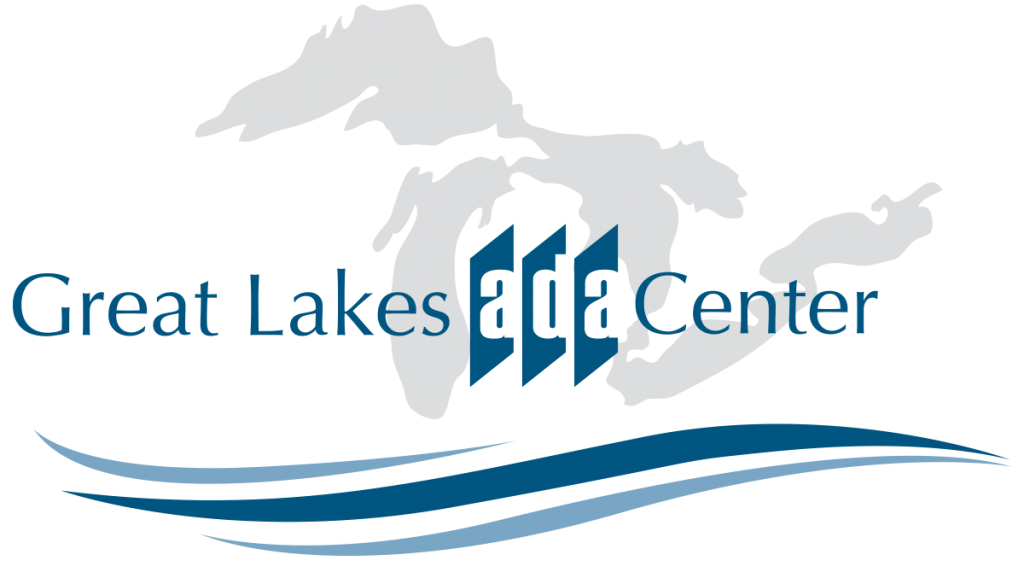About Us
Quality Indicators for Assistive Technology in Post-Secondary education is sponsored by Great Lakes ADA Center and is a collaborative effort of hundreds of professionals from a wide variety of higher education, K-12 schools and students.
Development of the QIAT-PS Project
The QIAT-PS project was modeled after the successful implementation of K-12 based assistive technology indicators developed as a grassroots collaborative to improve service delivery. The K-12 based indicators have developed over a decade to include eight areas, including an area focused on transition.
The impetus of what has become the QIAT-PS project began in 2006 with interested people examining the factors impacting success in the integration of assistive technology into college life and creating a new set of quality indicators for assistive technology in post-secondary environments.
The tools created are a set of indicators for the post-secondary institution, as well as for the individual student. Together they offer a coordinated framework to support students with disabilities in postsecondary education. The indicators are an extension of the QIAT K-12 transition guidelines and respond to the civil rights legislation of the Americans with Disabilities (ADA) and sections 504 and 508 of the Rehabilitation Act, which guide the provision of accommodations in postsecondary education.
New Developments
The QIAT-PS project is currently working on a curriculum for K12 high school and transition students. Based on the new research around self-determination and the quality indicators for assistive technology in postsecondary education (Gould, et al., forthcoming 2021), the goal of the curriculum is to prepare secondary students with disabilities to understand the purpose, selection, acquisition, and use of accommodations (including assistive technology devices) and advocate for their legal right to accommodations (including assistive technology) in postsecondary settings.
A curriculum map has been developed by a team of experienced professionals with extensive experience in assistive technology and transition planning. Upcoming stages include:
- Content development (Fall 2021 – Spring 2022)
- Initial pilot testing (Fall 2022 – Spring 2023)
- Broader pilot testing (Fall 2023 – Spring 2024)
If you are interested in getting involved with the formative evaluation of content and/or pilot testing, please contact us!

